Why is Branding Important?

In today's dynamic and ever-evolving business landscape, branding has emerged as a crucial and compelling force that shapes the destiny of companies. If you are asked why is branding important to a business, the answer is obvious: it's no longer confined to be a mere visual representation; it has transcended its traditional boundaries to become a powerful strategy, a cornerstone of success, and a vital instrument for businesses to thrive and prosper. Today we'll discover the key aspects of branding and how this powerful instrument can help your business.
The Importance of Branding: A Strategic Advantage for Businesses
Branding, the intricate art of creating a unique and memorable image for a business, is more than just a logo or a tagline – it's the very soul of a company. A brand encompasses everything that defines a business – its values, mission, culture, products, and services. It's the perception that customers and the public hold about a company.
- Why do businesses use branding? For businesses with a vision beyond short-term gains, branding is a cornerstone. While many enterprises focus on immediate goals, forward-thinking companies understand that branding is the foundation upon which lasting success is built. These ambitious entities invest in cultivating a brand identity that transcends the present, envisioning how it will resonate with consumers throughout 5-6 years, not 5-6 months. This foresight is what sets them apart from the ordinary, breathing life into their long-term strategies and solidifying their position in the market.
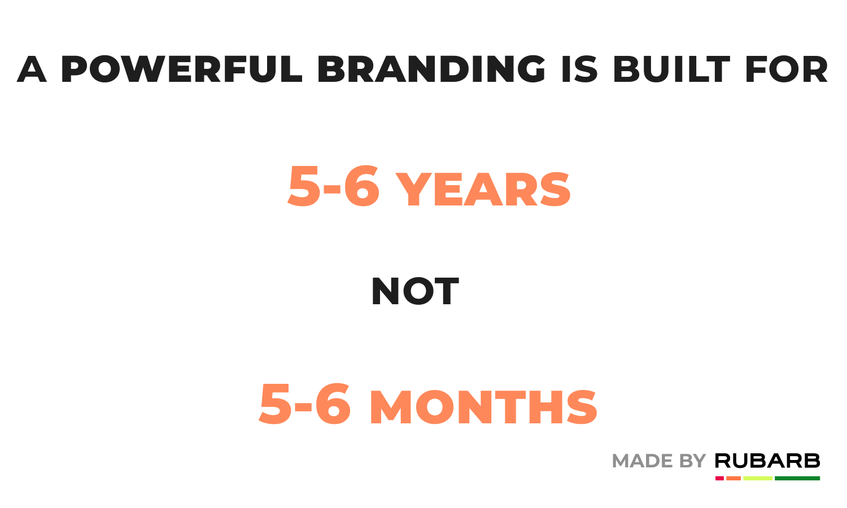
Making a brand identity means building a trusting relationship with your audience, a promise of quality, and a beacon of trust. In a world where businesses vie for attention, those who embark on a branding journey wield a strategic advantage.
Benefits of a Strong Brand: Building Trust, Loyalty, and Competitive Edge
Effective branding encompasses more than design elements like a logo or slogan. It is a fusion of cohesive elements, including naming, logo, slogan, and a unique brand image. Branding should be built on an effective company's positioning, so all the branding elements translate your brand's values and distinctiveness. Each of the branding components is necessary, and it's important for a company not only to create all these elements but also to use them correctly. The benefits of a strong brand include winning trust, loyalty, and competitiveness.
- Trust: Branding establishes emotional ties, nurturing trust with your clients. It's the foundation of successful businesses, shaping how your audience perceives your product. Crucially, branding engenders trust, forging emotional bonds with your audience. It's more than visual appeal; branding is about evoking authentic emotions in customers.
- Loyalty: Let's discover the most recent statistics. According to Advertising Week's review, 77% of UK customers are more likely to purchase from brands whose values align with their own. Thereby, by translating the company’s philosophy through branding, the customer’s loyalty to your brand will increase several times.
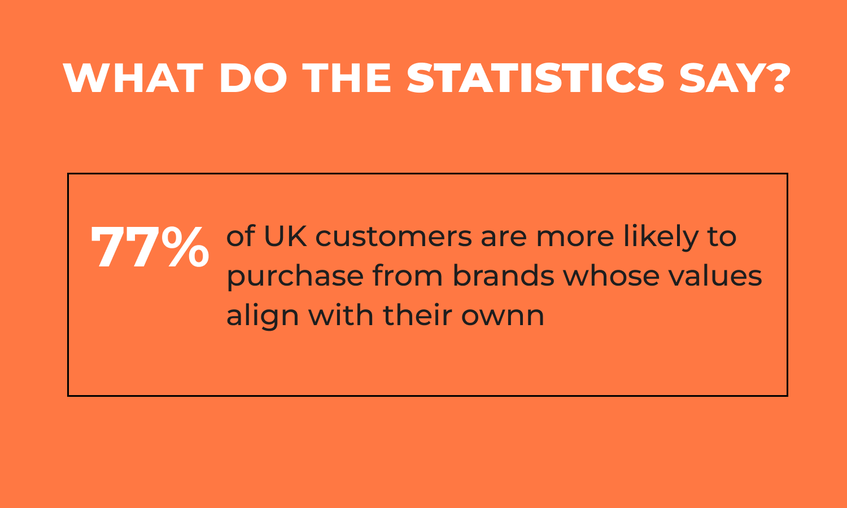
- 3. Competitive Advantage: Effective branding breeds a competitive edge in the market. A well-maintained brand appearance distinguishes your business from countless rivals. It resonates with modernity, encouraging customer allegiance in a sea of competitors.
The importance of brand development isn't just a need - it's a strategic instrument that propels businesses into a realm of lasting impact and influence.
Why Branding Matters: Creating a Unique Business Identity and Emotional Connections
Brands that clearly maintain their archetype and analyze their target audience can effectively shape a distinct identity, contributing to the creation of strong emotional connections with the audience. Let's reveal how powerful companies craft their brand identity:
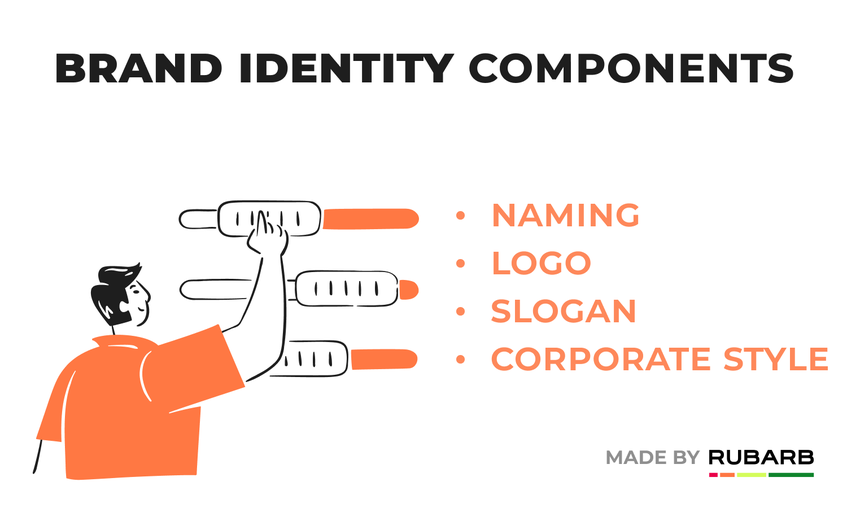
- Step 1 - Naming: A well-crafted name goes beyond mere identification; it becomes a rallying point for your brand's identity, inviting customers to explore and engage with your unique offerings.
- Step 2 - Logo: A logotype is the face of your business, the first thing that comes to mind when your brand is mentioned. The powerful logo creates an immediate visual connection, conveying emotions and expectations.
- Step 3 - Slogan: A slogan is a verbal embodiment of your brand's promise and goal, encapsulated in a few carefully chosen words. A compelling slogan has the power to deeply resonate with your audience, leaving a lasting imprint in their minds.
- Step 4 - Corporate Style: Bringing together the elements of color, typography, and imagery, the corporate style forms a cohesive visual tapestry that sets the stage for your brand's narrative, enhancing your recognizability on the market.
Take Caterpillar, for instance. Their brand identity evokes strength and reliability, mirroring their rugged equipment. The name "Caterpillar" for the company has a significant and symbolic meaning. A caterpillar is a little creature undergoing a transformative process to eventually become a butterfly. The choice of this name reflects the company's focus on transformation, progress, and growth.

The distinct yellow and black colours with bold typography have made an iconic logo that resonates with their audience. The slogan “Power, ready for action” conveys the idea that their products are designed to handle demanding tasks and challenging environments, showcasing their superior performance and durability. That's why branding is important to a business, forging a path to trust, loyalty, and distinctiveness in a crowded marketplace.
Branding: A Catalyst for Customer Advocacy and Brand Recognition
In the contemporary landscape, merely presenting a distinctive business proposition falls short of the mark. Making the importance of a brand for the audience demands the cultivation of a distinctive and lasting image. As a strategic solution, brands frequently introduce mascots - characters that embody the brand's values and seamlessly unify various marketing channels, amplifying their impact. This enigmatic figure breathes life into your brand, amplifying its identity and evoking emotions that linger long after in people's minds.
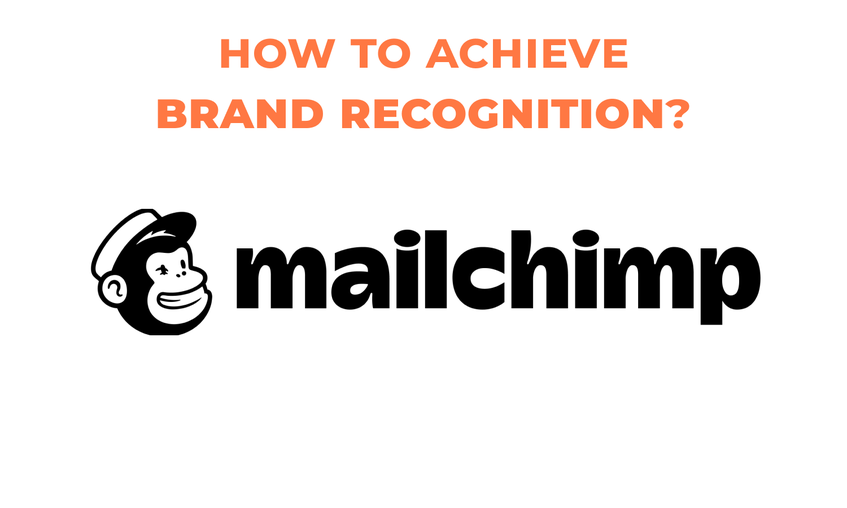
- Meet MailChimp, a stellar example of brand hero prowess. The mere mention of email marketing conjures the image of that cheeky, endearing monkey. This chimpanzee personifies the benefits of a strong brand: the embodiment of simplicity, enjoyment, and innovation, core tenets that lie at the heart of MailChimp's philosophy.
The character is the brand's recognition in its purest form. If the company fails to imprint itself in a consumer's mind after countless interactions with your product, it definitely needs branding.
Attracting Top Talent with a Strong Brand Reputation
Today, the answer to the question “Why do businesses use branding” is not only about attracting clients - it's about attracting professional employees. Attracting top-tier talent transcends and evolves into HR branding, where your company's ethos, philosophy, and identity play a pivotal role. To make potential employees seek to be a part of your company, it has to be reflected in your branding.

To cultivate a robust brand reputation, it takes more than just branding elements; it's about improving and promoting them. This engenders a solid foundation, making you a beacon that potential employees naturally gravitate towards, fueled by the dream of contributing grand success to your business. Hence, HR branding is a strategic investment in the long-term growth of your workforce.
Branding as the Foundation for Effective Marketing and Business Growth
Imagine peddling innovative products by a company whose image looks outdated, like stuck in the 1980s. Herein lies the paradox: for marketing endeavors to flourish, branding has to shine bright. Your company's evolution must be a perpetual journey, continually investing in its appearance and brand identity to soar to new heights of revenue and recognition. Experience the transformative influence of branding, where visions are crystallized, futures are forged, and minds are captivated. Embrace the journey, and let your brand story unfold.

 Russian
Russian Ukrainian
Ukrainian




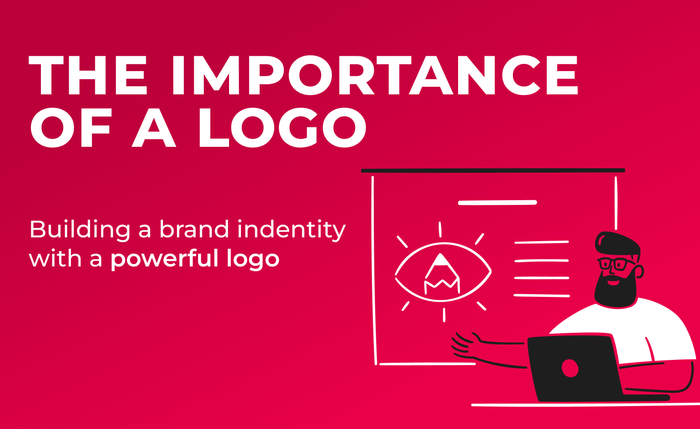




Add a comment
Fields are required *